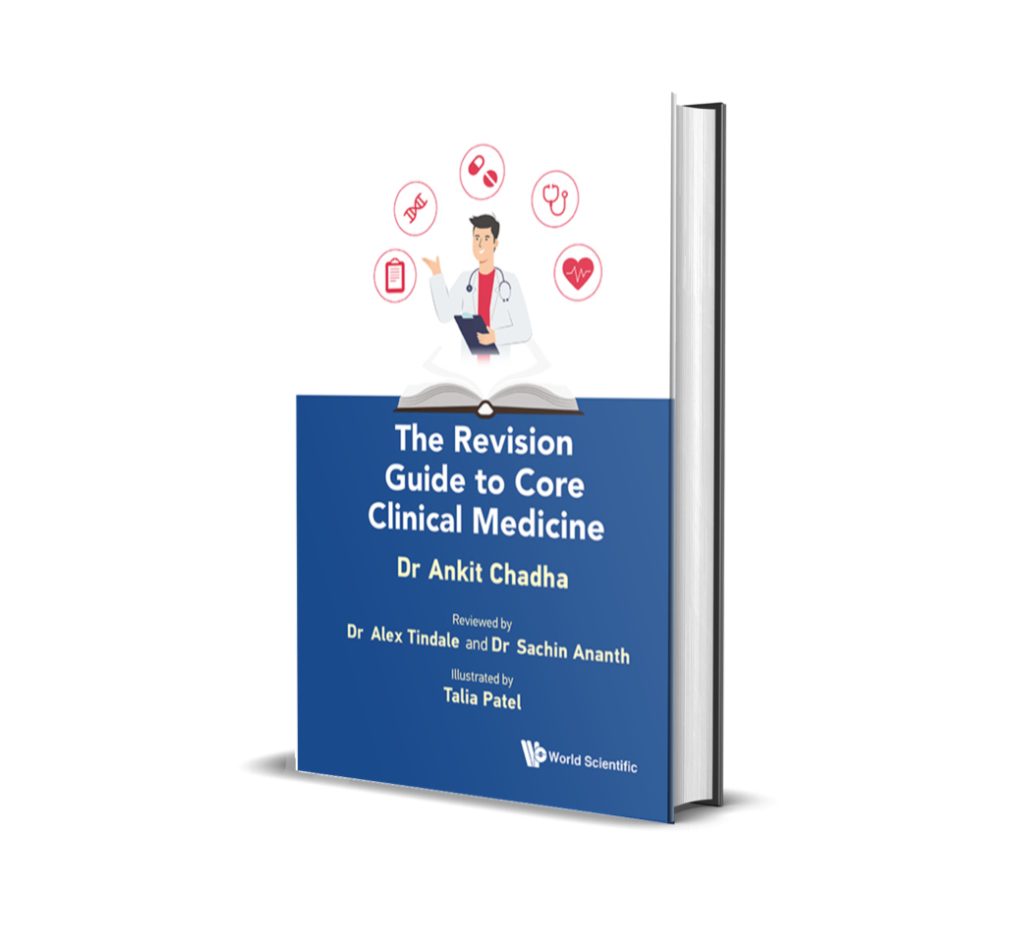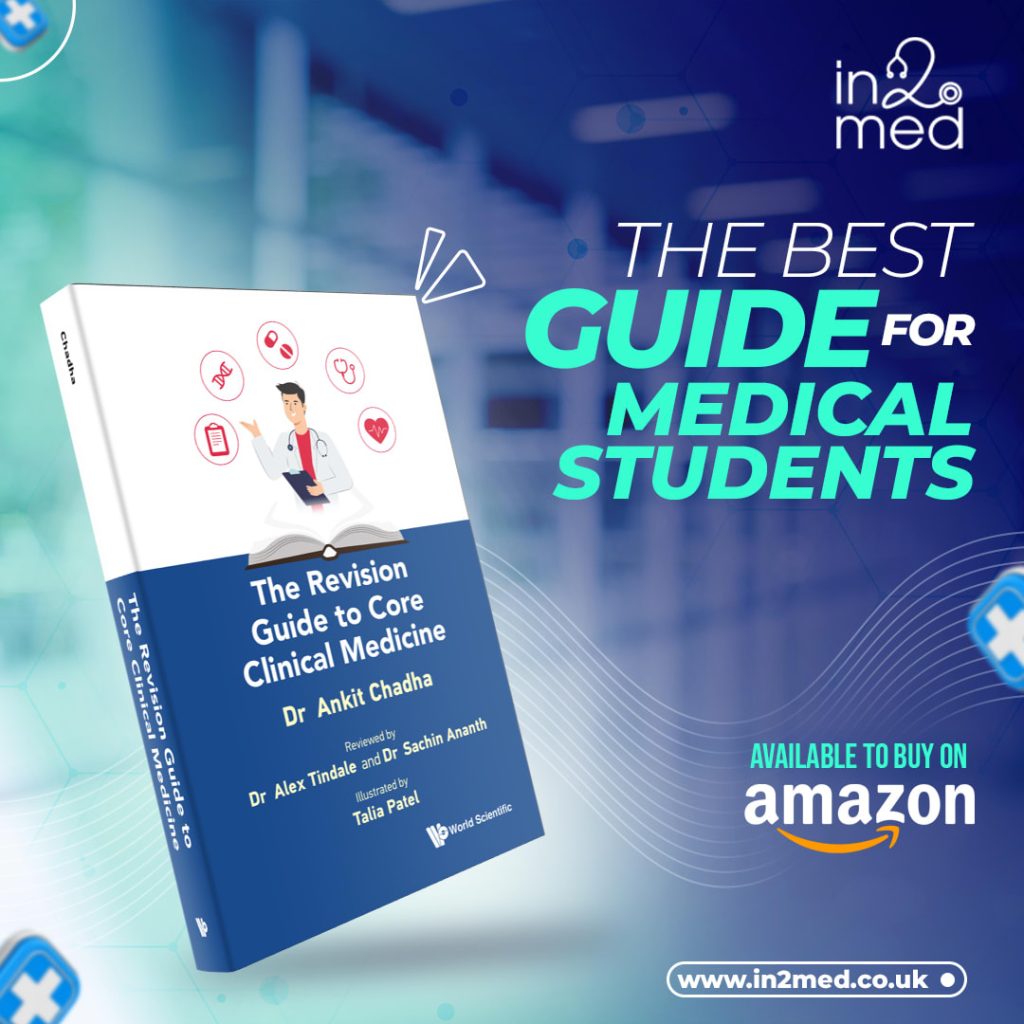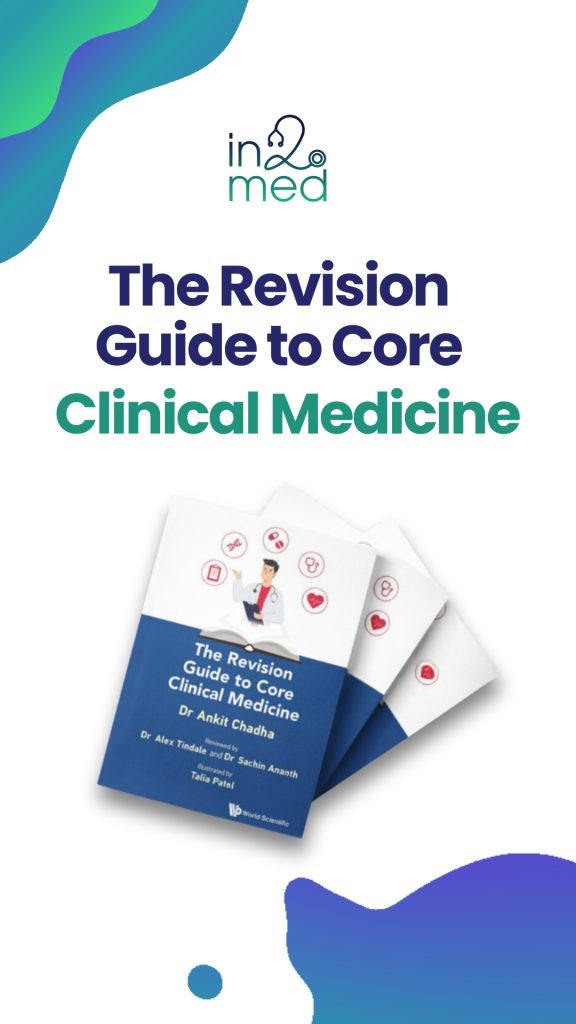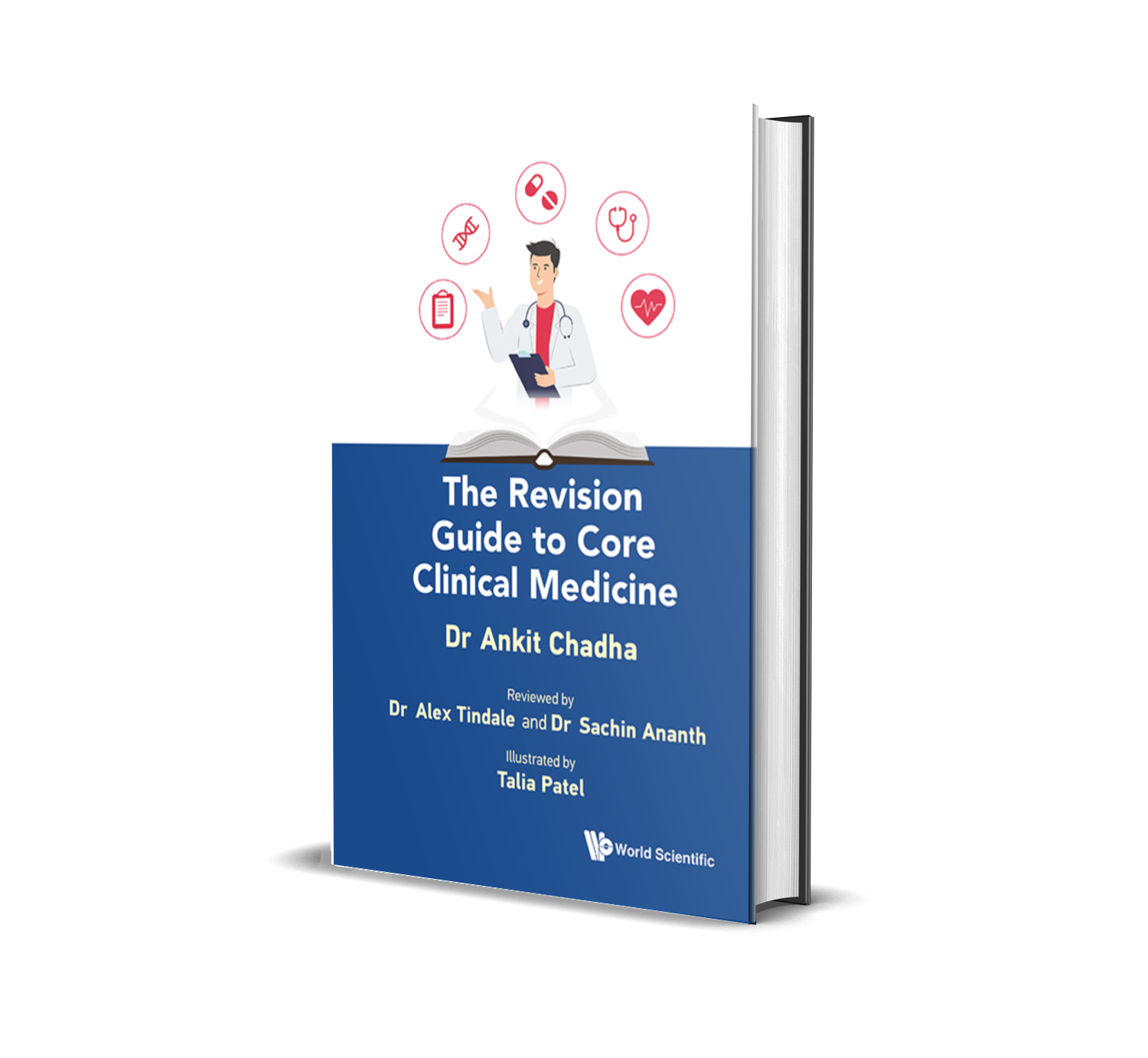How to pick your specialty
Dear Friend,
I hope you’re enjoying the lovely weather this weekend and having a wonderful Mother’s Day. I was originally scheduled to work this Sunday (again), but I got lucky! Someone offered to swap shifts with me at the last minute—she wanted to take my Sunday shift in exchange for a Thursday in July. Needless to say, I jumped at the chance!
This week, many FY2s and resident doctors have been receiving offers to enter training in a variety of specialties, such as GP, psychiatry, surgery, and paediatrics, all at the ST1 level (the stage after completing foundation training). With competition ratios becoming increasingly tough—psychiatry, for example, had a 20:1 ratio—many doctors now apply to multiple specialties to improve their chances of securing a spot. The decision of which specialty to pursue depends on a number of factors, including the length of training (for example, GP training lasts three years, whereas surgery takes much longer), location, personal preference, and work-life balance. This decision can feel incredibly overwhelming—especially if you’re in a relationship with another medic, which only adds to the stress.
This week, I wanted to share the steps I personally went through when choosing my specialty. I hope you find this insight helpful.
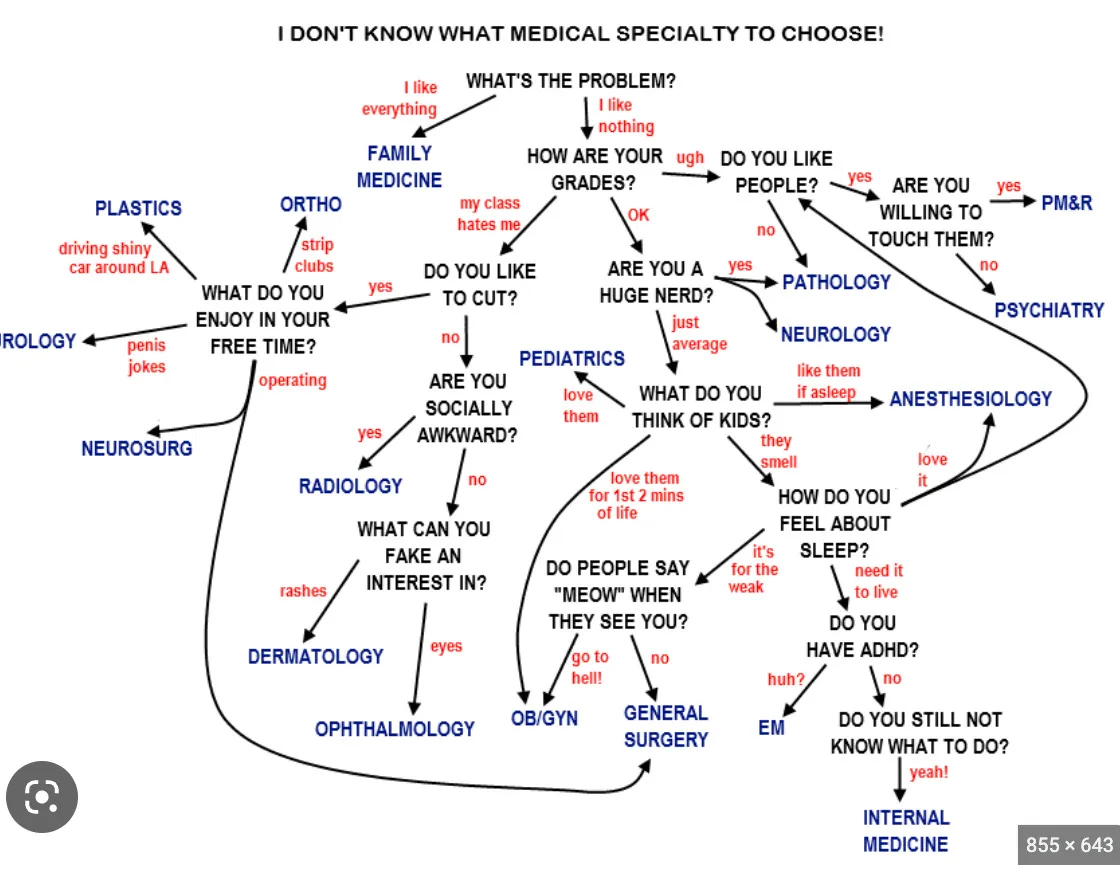
Step 1: Are You Truly Passionate About a Specialty?
The first step in my decision-making process was to ask myself whether I was genuinely passionate about any one specialty. It’s essential to be completely honest with yourself. For many of you, the answer may be “no,” but for a few, you may find a specialty that makes going to work feel like anything but work. Even during a grueling night shift, it might not feel so bad. If you’re one of the lucky few who has found that specialty, I encourage you to follow your passion. If work-life balance is a concern, remember that you can always reduce your working hours by opting for part-time (e.g., working 60% or 80% time), which allows you to strike a balance between work and life. One of my friends was torn between GP and O&G for exactly this reason. After reflecting, she chose to pursue her passion for O&G on a part-time basis, allowing her to enjoy the best of both worlds.
Step 2: Is Work-Life Balance More Important Than the Job Itself?
This is another crucial question to ask yourself, and it will help narrow down your choices. If you’re not passionate about one particular specialty, consider what’s most important to you in life. If work-life balance is your priority, then specialties like emergency medicine or neurosurgery may not be the best fit for you. Instead, you might want to explore fields like GP or group 2 medical specialties, such as haematology, dermatology, or oncology. These specialties typically don’t require you to work as a medical registrar and often offer more manageable working hours.
Step 3: Do You Plan to Work Abroad?
While this may not have been a top priority for many a few years ago, the state of the NHS has made more doctors consider opportunities abroad. Think about whether there’s a specialty that would be more valued in other countries. For example, while GP is a common and highly respected role in the UK, it’s less prominent in places like the Middle East, where patients typically bypass GPs and go straight to specialists. On the other hand, surgeons and specialists are highly sought after worldwide, regardless of location.
Step 4: What Are Your Strengths?
To be honest, I’ve always been drawn to surgery, but I realized that my skills don’t lie in the operating theatre. So, when choosing a specialty, ask yourself what you’re good at. We tend to enjoy things that come naturally to us, and you’re more likely to succeed in a specialty that aligns with your strengths than one that requires extra effort or feels out of your element.
Summary
I know this advice may seem a bit vague, but the application process can be incredibly stressful and overwhelming. I’ve seen many colleagues make choices they later regret. Remember, when applying, if you’re not getting your first choice, you don’t have to settle. You can always take a year off from training, gain more experience, and come back with a clearer idea of what you truly want to do.
Wishing you a wonderful week ahead!
Drug of the week
Co-trimoxazole
This is a combination of sulfamethoxazole and trimethoprim.
The combination causes very fast depletion of tetrahydrofolate and is very effective for pneumocystis pneumonia (PCP).
It is used to treat urinary tract infections, methicillin-resistant Staphylococcus aureus (MRSA) skin infections, travelers’ diarrhea, respiratory tract infections, and cholera, among others
It is used both to treat and prevent pneumocystis pneumonia and toxoplasmosis in people with HIV/AIDS and other causes of immunosuppression

A Brain Teaser
You are a medical student on a ward round with the colorectal surgical team. You see a 58-year-old male patient who is day 1 post-op after having had a Hartmann’s procedure. The F1 is writing in the notes and you are reading her the observations chart, you find some of his parameters appear to be abnormal. The consultant examines the patient who appears to be septic and asks for his drug chart. When he returns the drug chart to you, you notice he has written a prescription for Tazocin but on the front of the chart an allergy to penicillin is documented. The busy ward round is about to move on.
What is the best course of action?
A: Cross of the tazocin and sign that you have stopped it
B: Do nothing as the consultant probably has a good reason to give tazocin
C: Politely inform the consultant of the patient’s allergy status
D: Make a note of the patient’s details and ask the F1 at the end of the ward round
E: Find the nurse of the bay and ask them not to dispense tazocin
Answers
The answer is C
Option 3 is the correct answer. The consultant may not be aware of the patient’s penicillin allergy and so should be informed so he can decide on a suitable alternative. Option 1 does not resolve the issue of the patient’s unawareness of the patient’s allergy status. Option 2 does not act in the best interests of the patient, which comes first in line with Good Medical Practice. Option 4 and 5 leaves a window of opportunity for the nurse who may come and dispense the medications before the end of the ward round and before you have had a chance the inform the nurse or the F1 and so is not safe.

